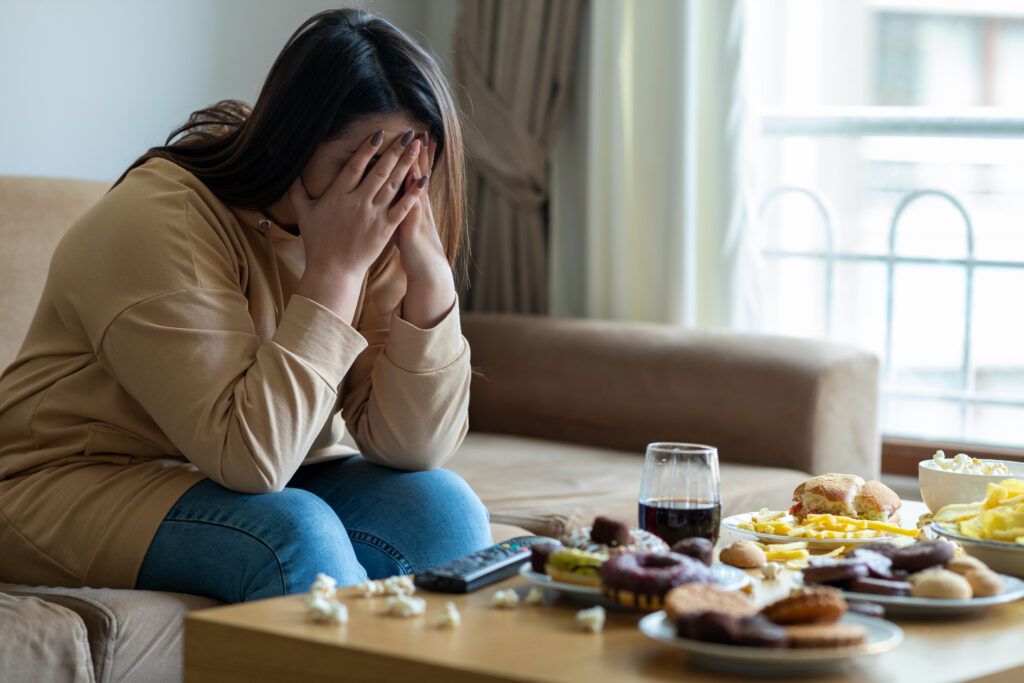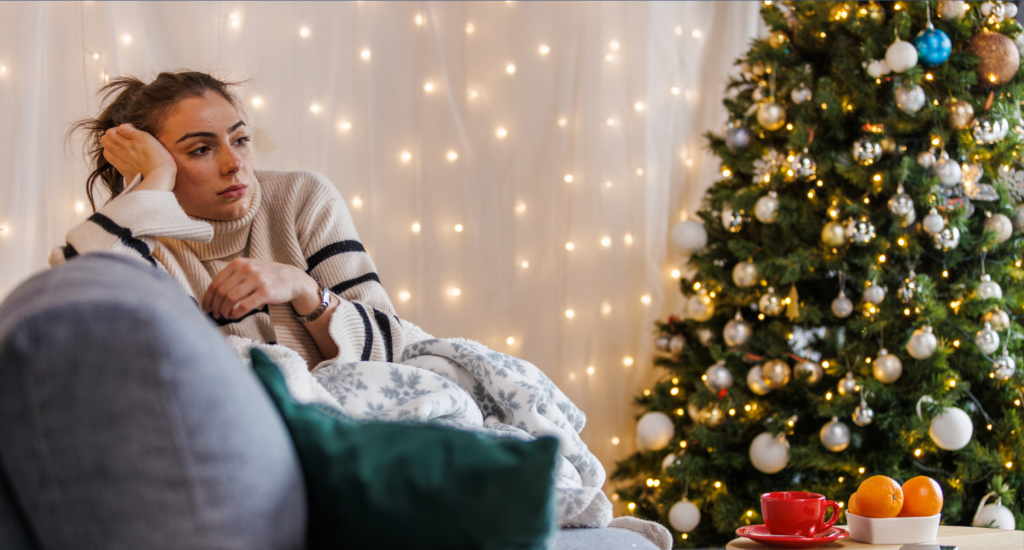Diagnosed by TikTok? The Mental Health Risks You Need to Know About
It’s hard to scroll through TikTok these days without stumbling on a video about mental health. From depression checklists to ADHD self-testing challenges to creators sharing their personal trauma journeys: Social media, and particularly TikTok, has become a mental health counseling hub for Gen Z.The TikTok therapy trend is not all bad. It has helped to destigmatize mental illness and created supportive online communities for teen mental health. But it’s also fueling a surge of self-diagnosis, misinformation, and even harmful advice. And it’s leaving many young people confused, anxious, and above all, over-relying on reels rather than seeking the professional care they might truly need.
At Keta Medical Center, we applaud the growing conversation about mental health. But we also know: hashtags aren’t healthcare. Here’s what you, and your teens or young patients, need to know about the advent of TikTok therapy and why professional, individualized care is what matters most.
The Allure of “Relatable” Mental Health Content
For many young people, TikTok has become a go-to gateway into the world of mental health. A study from 2024 found that during the COVID-19 pandemic, when traditional services were disrupted, youth in Canada used TikTok as an “easy way to access mental health information,” helping them feel seen and connected to others going through similar struggles. Many tried coping techniques they learned online and began conversations with friends and family they may not have otherwise initiated.That kind of accessibility and relatability can be powerful. In fact, in 2023, over 100 billion views had accumulated under the hashtag #MentalHealth, showing just how pervasive and engaging conversations about mental health become. But with that growing awareness came a flood of inaccurate, misleading and even dangerous content on an extremely critical subject.
The Blurry Line Between Awareness and Mental Health Misinformation
The quality of TikTok’s mental health advice is highly inconsistent, and often wrong. A Guardian investigation analyzing the top 100 clips tagged #mentalhealthtips found that more than half contained some form of misinformation. It ranged from misleading oversimplification to outright incorrect, harmful claims. These included presenting everyday emotions as signs of serious mental illness, promoting unproven supplements to treat anxiety, depression or other mental health disorders, and offering trauma healing in an hour.Similarly, a 2025 study analyzed 1,000 mental health-related TikToks from 16 countries and found that misinformation was particularly common in videos about neurodevelopmental disorders, suicide, psychotic disorders, and treatment. Videos directed at a general audience rather than a specific, informed group were more likely to mislead than those by licensed professionals.
These trends can trivialize the real and often complex experiences of those living with serious mental illness. It may actually heighten misconceptions about mental health disorders and pathologize normal human emotions. And the social media environment can leave vulnerable users feeling even more isolated or helpless if the advice doesn’t work for them, or even intensifies existing conditions.
Why Self-Diagnosis Falls Short
Self-diagnosis may feel validating in the moment, but it’s very clearly no substitute for a clinical evaluation. Watch out for creators who aren’t transparent about their qualifications, posts that market products in the disguise of mental health advice, and content that promotes self-diagnosis based on superficial criteria.Only a trained professional can tell whether what you’re feeling is part of life’s ups and downs or a sign of something more serious. Without an accurate diagnosis by a licensed medical expert, you risk misinterpreting normal stress responses as disorders, or either missing serious conditions that require prompt, appropriate care.
How to Talk to Gen Z About TikTok Therapy
As parents, caregivers, and clinicians, you don’t have to dismiss social media entirely. But it’s important to raise awareness so that young people make the distinction between relatable stories and medical facts. Here are some ways to start:- Ask what accounts and hashtags they follow, and talk about the difference between personal experience and evidence-based treatment.
- Encourage them to check a creator’s credentials.
- Remind them that therapy is not one-size-fits-all, and that online advice may not apply to their unique circumstances.
- Offer reassurance: Seeking professional care may feel intimidating or unnecessary, even if they’ve learned a lot from TikTok. But it’s often the most important step toward real, lasting improvement.
Personalized, Evidence-Based Care by Professionals
At Keta Medical Center, we understand the frustration of feeling misunderstood or dismissed by traditional mental health systems. We know that standard treatments don’t work for everyone, especially for those struggling with treatment-resistant depression or anxiety. That’s why we offer safe, carefully monitored ketamine-assisted therapy as part of a care plan based on each individual’s mental health needs.Instead of the one-size-fits-all advice you’ll find online, our care team takes time to understand your unique history, symptoms, and needs before making a diagnosis or recommending a treatment. If you or a loved one is navigating mental health challenges, especially after struggling with traditional approaches, Keta Medical Center is here for you. We offer personalized, evidence-based ketamine therapy that meets you where you are and helps you move forward.




